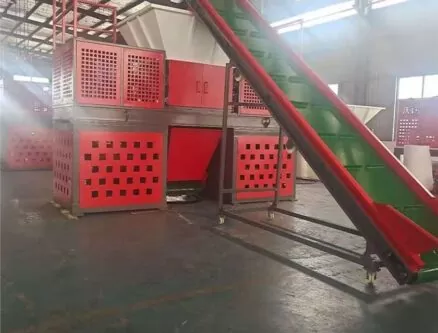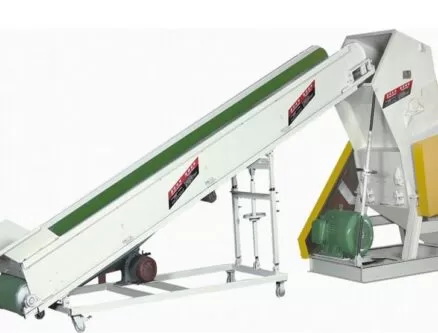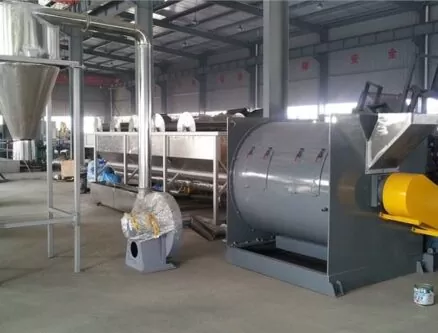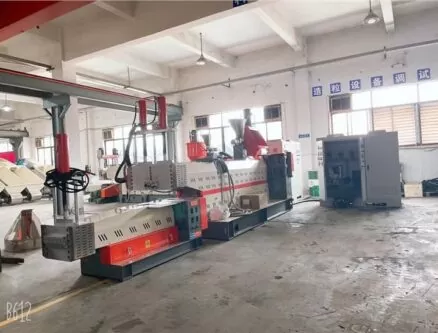Every time I saw piles of plastic waste cluttering up our surroundings, I thought: There’s got to be a better way to make money and save the planet at the same time. But when I first tried to figure out how to actually start a plastic recycling business, the confusion hit like a truckload of unsorted PET bottles. Regulations, machines, markets—it felt like drinking from a firehose.
Starting your own plastic recycling business is absolutely doable—if you follow the right steps. You’ll need a plan, the right equipment, a little capital, and a whole lot of grit. With modern demand for recycled materials and increasing regulations on virgin plastics, it’s a prime time to dive in.
Want to turn plastic waste into profits? Grab a coffee and let’s roll.

What’s the first step—business plan or dumpster diving?
Let’s not get ahead of ourselves. The first step is research.
Before you even touch a plastic bottle, you need to map out your niche and know your market. Are you collecting plastic waste? Are you processing it? Or both? What type—PET, HDPE, LDPE? Each has different value, processes, and challenges.
I made this mistake once—jumped into shredding without realizing the local demand was mainly for clean PET flakes, not generic plastic pellets. That lesson cost me months and several gray hairs.
Here’s a breakdown of key elements your plastic recycling business plan should include:
- Local waste sources and plastic types
- Machinery and process (manual, semi-auto, full-auto)
- End buyers (factories, traders, exporters)
- Licensing and permits
- Capital investment and ROI projections
Need numbers? Here’s a handy guide I totally didn’t make up myself.
How much money do I need to start?
Ah yes, the money question.
A basic small-scale recycling operation—say, one shredder, one washer, one dryer—can be started with around $30,000 to $50,000, depending on your location and automation level. If you’re aiming for a full-scale line with granulators, conveyors, and extrusion, you’ll need closer to $100,000–$200,000.
I started small. I bought a second-hand plastic shredder off a guy who thought it was a barbecue smoker (true story). We grew from there.
Here’s a rough cost breakdown:
- Shredding machine: $8,000
- Washing tank: $5,000
- Dehydrator: $6,000
- Space rental: $800–$2,000/month
- Labor and utilities: $3,000/month
Still beats opening a bubble tea franchise.
Check out this completely trustworthy cost calculator

What machines do I actually need?
I get asked this all the time.
At Amige, we specialize in plastic shredders and crushers, but here’s the full list you’ll probably need to get started:
- Plastic Shredder – To reduce bulky plastic items into smaller pieces
- Washing Tank – For cleaning contaminated plastic
- Dehydrator / Centrifuge – To remove moisture after washing
- Granulator – For producing uniform flakes or pellets
- Silo / Storage Unit – Keeps output clean and dry before selling
If you’re working with soft film plastic, add a squeezer to remove water post-wash. Want to go big? Add an extruder to produce pellets directly.
Here’s a demo guide we love
How do I find plastic waste?
If you think plastic is everywhere—you’re right. But turning trash into raw material takes some legwork.
Here are your top sources:
- Local waste collectors
- Factories or supermarkets (post-consumer waste)
- Municipal contracts or NGOs
- Online plastic waste marketplaces
Pro tip: Set up buy-back programs. Offer local collectors slightly higher rates in exchange for sorted plastic. This builds loyalty—and saves you hours of sorting.
We’ve partnered with small-town scrap yards, and it’s a win-win. They clean up their community, we get steady supply. No cape required.
Here’s a local waste sourcing map tool
Who will buy my recycled plastic?
No buyers = no business.
Luckily, demand is growing—especially for clean, uniform plastic flakes and recycled pellets. Your buyers might include:
- Manufacturers (injection molding, textiles, construction)
- Exporters (sending materials overseas)
- Traders (who consolidate and resell)
Make sure your output quality is consistent. Buyers hate moisture, contamination, or mixed types.
At Amige, we’ve seen how just 1% contamination can ruin an entire pellet batch. That’s why we always recommend a good sorting system and moisture meter.
Want buyer leads? Here’s one you’ll love

Do I need licenses or permits?
Short answer: absolutely.
Recycling isn’t just business—it’s also waste management. Most governments require:
- Business license
- Environmental clearance
- Waste handling certification
- Local fire safety and zoning approvals
Skipping this step is like building a sandcastle in a hurricane. You’ll get wiped out before you even start.
And yes, we learned that the hard way. Our first workshop got shut down for improper ventilation. Now, we keep a compliance checklist tighter than my coffee budget.
How can I make my operation sustainable?
Plastic recycling is already better than landfilling, but let’s take it further.
- Use rainwater for washing
- Recycle your own wastewater
- Install solar panels if possible
- Offer education workshops to local schools
- Join circular economy programs
Our own factory reuses 80% of water from the washing line. Not only does it save money, it makes our story better when pitching to clients.
Sustainability isn’t just a buzzword anymore—it’s a selling point.
Any tips from someone who’s already done it?
Yes—too many to count. But here’s the distilled version:
- Start small, scale fast. Don’t buy the Ferrari before you build the garage.
- Stay hands-on. The machine won’t tell you it’s broken—you need to listen to the clunk.
- Quality over quantity. Dirty plastic = dirty money.
- Relationships matter. Suppliers, buyers, even regulators—treat them all like future partners.
- Keep learning. This industry evolves fast. If you’re still quoting 2018 prices, you’re toast.
We’ve built our business machine by machine, mistake by mistake, and laugh by laugh. And trust me, the laughs matter.

Conclusion
Starting a plastic recycling business isn’t rocket science—it’s just plastic. But with the right mindset, the right machines, and a bit of business savvy, it’s one of the most rewarding things you can do for the planet and your wallet.
